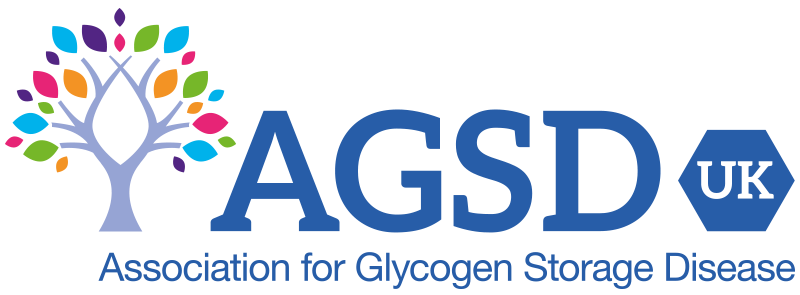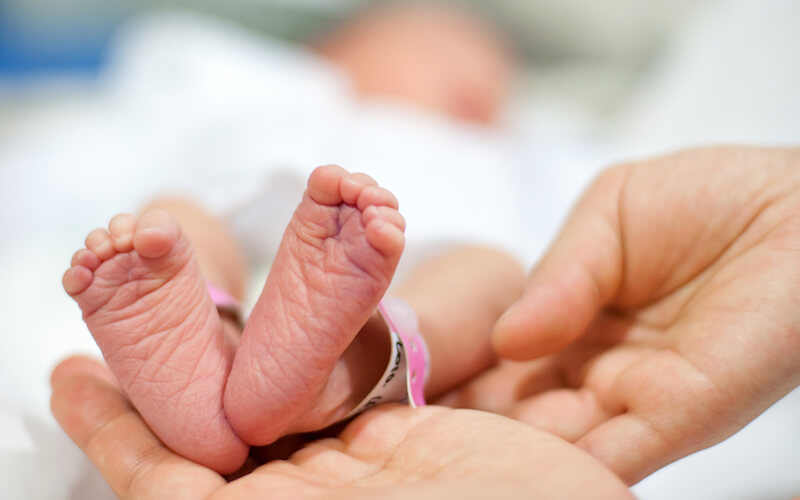Genetic Alliance report on the latest findings
Genomics England, the UK National Screening Committee and the UK Research and Innovation’s Sciencewise recently asked 130 members of the public what their thoughts are on using whole genome sequencing (WGS) as part of the newborn screening programme. The findings have now been published and Genetic Alliance have summarised these on a recent news article.
5 key findings
In general, the findings show that the public are in favour of using WGS for newborn screening as long as appropriate safeguards and resources are in place. The report highlights five key findings.
1. IDENTIFYING A WIDER RANGE OF CONDITIONS
Currently, the UK screens for up to nine conditions as part of the newborn screening programme. Participants demonstrated support for the use of WGS to identify a wider range of conditions as long as:
the condition onsets in early childhood and
there are treatments or interventions that can cure, prevent, or slow down the progression of the condition
There was also an acknowledgement that using WGS to identify more conditions can bring health benefits to the parents, siblings and the wider family.
2. MENTAL HEALTH SUPPORT
The second key finding was that it is necessary to have appropriate genetic counselling and mental health support available for those who receive a diagnosis for their newborn through WGS. This assistance can help them understand the condition and provide emotional and psychological support.
3. GENETIC DATABASES
There was a call for a comprehensive genetic database to be established if WGS were to be used for newborn screening. There was an emphasis on the inclusion of data from people from ethnic minority backgrounds so that they are not disadvantaged by having less accurate or more uncertain information.
4. CONSIDERATION OF COMPLEXITIES OF WGS WHEN CONSENTING
When designing the consent process there must be a consideration of the implications of WGS on the wider family. At the time, parents provide consent on behalf of their child but the child may grow up to have different views, particularly around the use of their data. These types of situations need careful consideration on how to manage them.
5. USING GENOMIC DATA FOR RESEARCH
Finally, if consent is provided for an individual’s genomic data to be used for research, the data must be fully anonymised and only used for improving treatments, care and diagnosis.
Further Information
For more information, read the full report of the findings from the public dialogue
![]() Implications of whole genome sequencing for newborn screening
Implications of whole genome sequencing for newborn screening
Watch a recording of a webinar Genomics England hosted announcing the findings
![]() Public dialogue on using whole genome sequencing for newborn screening
Public dialogue on using whole genome sequencing for newborn screening
Link to Genetic Alliance news article

